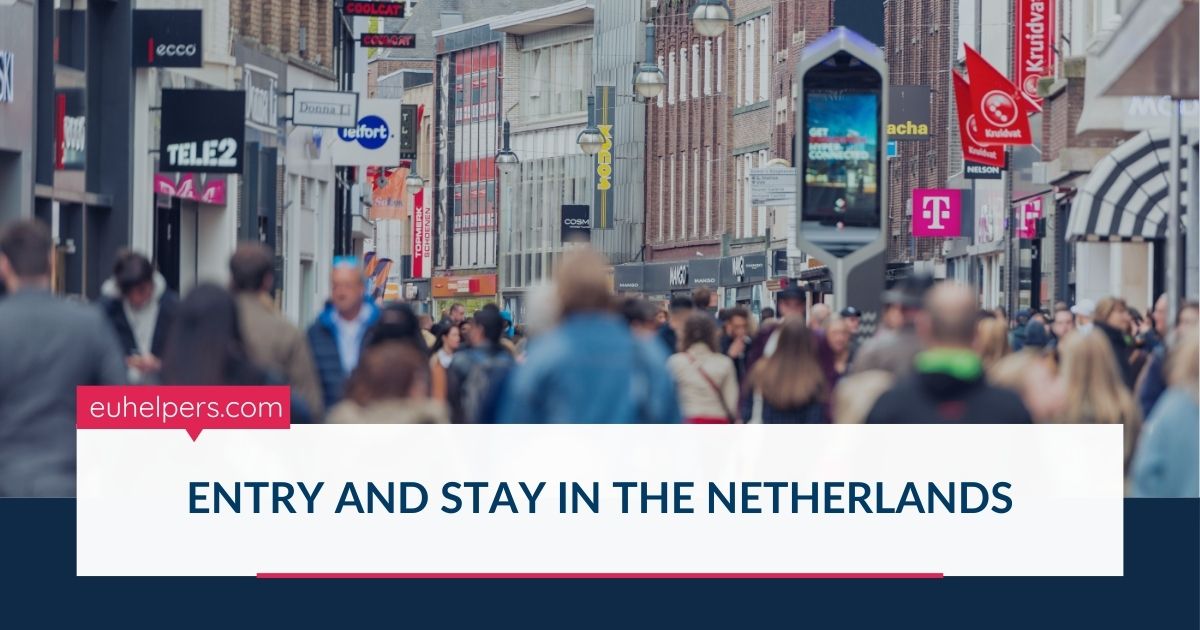If you're an EU citizen planning to live or work in the Netherlands, the process is relatively straightforward. Thanks to the freedom of movement within the European Union, you can enter and stay in the country without a visa or permit for a limited period.
Initial Entry: What Documents Are Required?
As an EU national, you can legally stay in the Netherlands for up to 4 months without needing to complete any special formalities. To enter the country, you simply need to present one of the following valid documents:
-
A national ID card
-
A passport
-
A temporary passport
These documents are sufficient for border entry and short-term residence.
Staying Beyond 4 Months: What You Need to Do
If you plan to remain in the Netherlands for longer than 4 months, you are required to complete a few administrative steps to legalize your stay:
-
Register Your Address
You must register your place of residence with the local municipality (gemeente). To do this, you'll need proof of housing—such as a rental contract or property purchase agreement. -
Obtain a BSN Number (Burgerservicenummer)
The BSN is a citizen service number used for tax, health insurance, and official records. It is essential for anyone working or using public services in the Netherlands. -
Contact the Immigration and Naturalization Service (IND)
Although EU citizens don’t need a residence permit, you still need to report your stay to the IND (Immigration and Naturalization Office). -
Apply for a DigiD
The DigiD is a personal digital identification tool. It serves as your electronic signature and allows you to securely access government services online—such as filing a tax return or applying for benefits.
Support from Employment Agencies
Good news if you're coming through an employment agency—many of these organizations will assist you with the necessary paperwork and registration procedures. This can make your transition smoother and save you time navigating Dutch bureaucracy on your own.
Living and working in the Netherlands as an EU citizen is accessible and well-structured. As long as you take care of the proper registrations after your first 4 months, you’ll be able to fully integrate and benefit from Dutch social and employment systems. And if you're going through an agency, much of the administrative burden will be taken care of for you.

